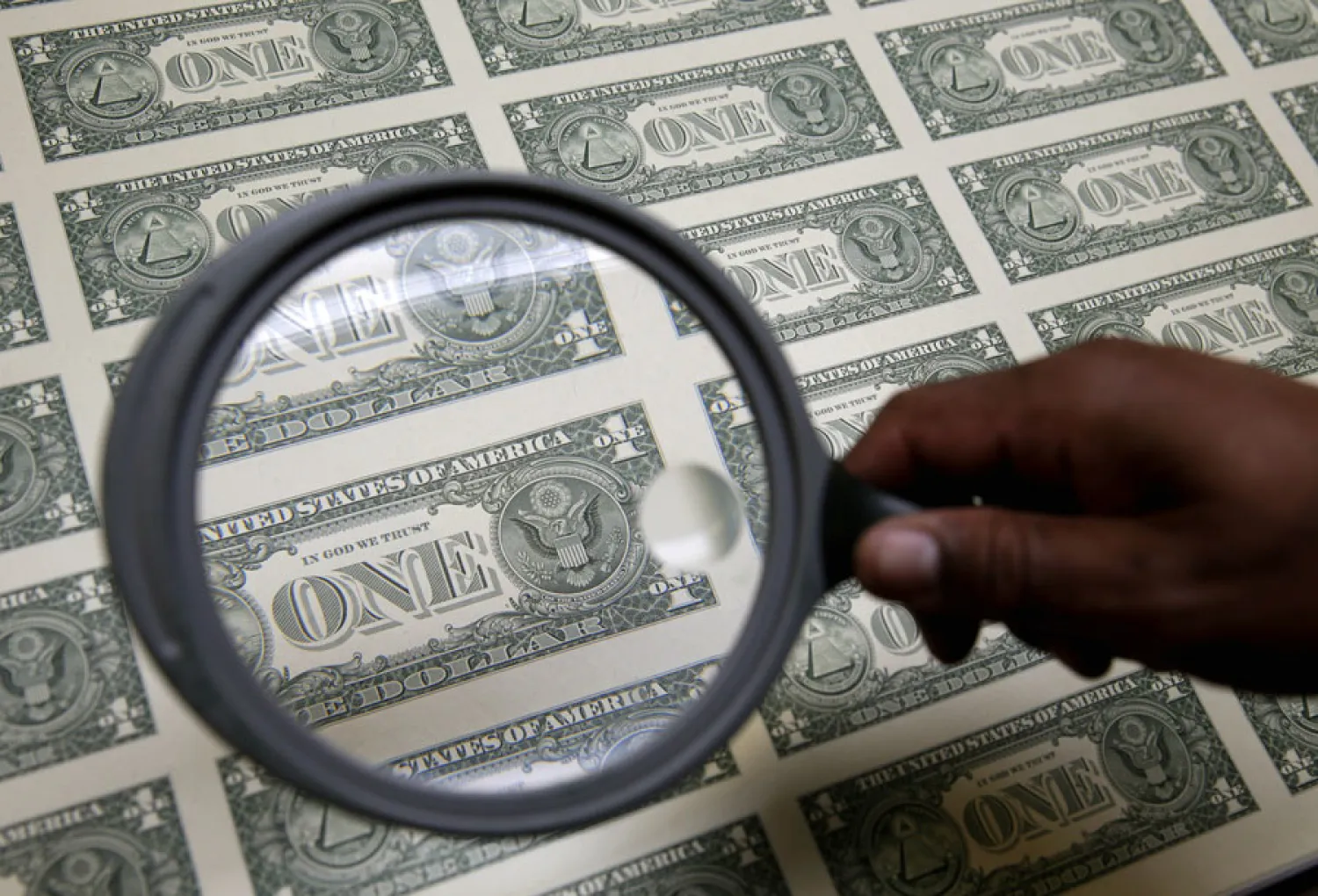The Saudi cabinet approved proposed amendments to the anti-money laundering law, at a time when the kingdom is one of the world's most stringent countries in facing, detecting and controlling money laundering crimes.
According to the regulations, money laundering is the generic term used to describe the process by which criminals disguise the original ownership and control of the proceeds of criminal conduct by making such proceeds appear to have derived from a legitimate source.
A money laundering crime also occurs when funds are acquired, possessed or used, knowing that the outcomes are from a crime or illegal source. Money laundering also occurs when a person hides or disguises the nature, source, movement, possession, place, use or related rights of the funds, knowingly that the funds are an outcome of a crime.
Money laundering is considered a crime that is independent from the original crime, but doesn’t convict the person with committing the original crime.
Financial institutions and undetermined non-financial professions and works should determine risks of potential occurrence of money laundering, assess, archive and update them regularly, stipulated the regulations.
Regulations stipulate that financial institutions are not allowed to open or maintain numbered accounts or anonymous or illusive names. The list of regulations, announced on Friday, bind financial institutions and undetermined non-financial professions and works to apply necessary measures on their clients, and determine framework of necessary measures based on the level of danger related to the client, works or commercial relations.
Financial institutions and undetermined non-financial professions and works should preserve all records, documents and data of financial, commercial and monetary transactions whether local or foreign for a period of ten years. The public prosecution can bind financial institutions and undetermined non-financial professions and works to extend maintaining all records, documents and financial data for investigation or prosecution purposes.
Financial institutions and undetermined non-financial professions and works should monitor and check all records, documents and data of financial regularly to ensure that they comply with the information they have regarding the client, his commercial activities, the risks he represents, and sources of his funds if needed.
The regulations bind financial institutions and undetermined non-financial professions and works to put internal policies and procedures to control fighting money laundering and execute them efficiently to manage determined risks.
Financial institutions, undetermined non-financial professions and works, non-profit organizations, any of their managers, members of directors, executives, supervisors and staff are banned from warning any client or other person that a report or related information will be submitted to the administration for financial investigation, or that an investigation was held or is ongoing.









